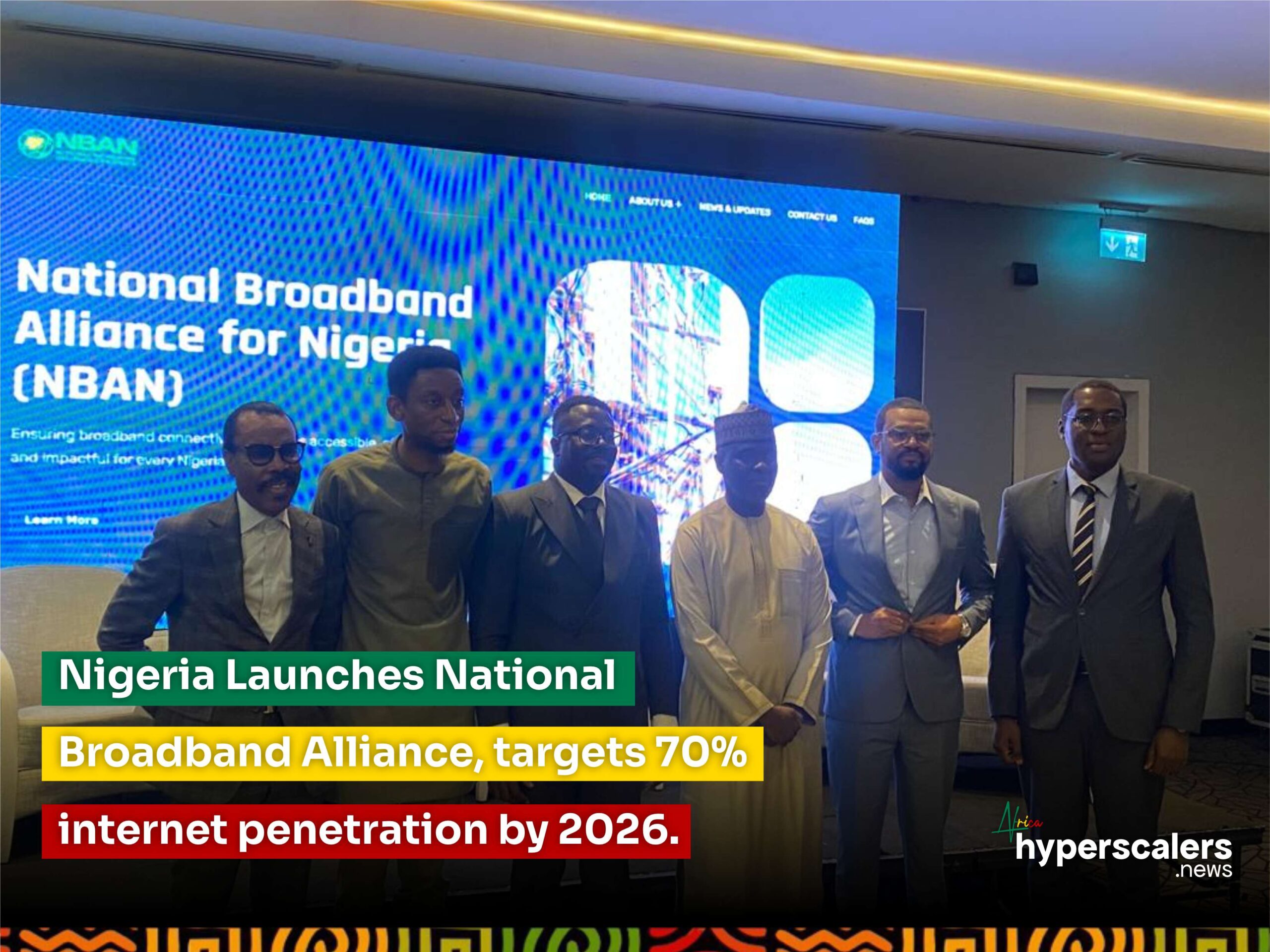The Nigerian Communications Commission (NCC) has launched the National Broadband Alliance for Nigeria (NBAN) in collaboration with telecommunications operators and State Information and Communications Technology agencies. The initiative aims to expand broadband access and drive digital transformation across key sectors, including education, healthcare, religious institutions, and marketplaces.
NBAN aligns with the National Broadband Plan (2020-2025) and the Strategic Blueprint of the Ministry of Communications, Innovation, and Digital Economy. The initiative targets a broadband penetration increase from 44 percent in December 2024 to 70 percent by 2025 while ensuring minimum data speeds of 25 Mbps in urban areas and 10 Mbps in rural regions. It also aims to boost broadband investments by 300 to 500 percent by 2027.
To achieve these goals, the initiative brings together state governments, educational institutions, healthcare providers, telecom operators, and infrastructure companies in a collaborative effort to accelerate broadband expansion. The program will launch its pilot phase in Edo, Ogun, Kwara, Katsina, Imo, Abia, Borno, and Nasarawa, though the timeline for implementation is yet to be announced.
At the launch event in Lagos, Aminu Maida, Executive Vice Chairman of the NCC, emphasized the need for strategic partnerships in closing Nigeria’s connectivity gaps. He noted that achieving these broadband goals will require more than just private-sector investment, calling for a coordinated approach involving donors, investors, and government agencies to accelerate the rollout of critical infrastructure.
Dr. Bosun Tijani, Minister of Communications, Innovation, and Digital Economy, represented by EVC Maida, highlighted broadband’s vital role in economic growth and social inclusion. While broadband penetration has grown from 6 percent in 2015 to 42 percent by October 2024, several challenges persist, including the underutilization of fiber networks due to infrastructure gaps in underserved areas, limited access to digital devices and digital literacy barriers, regulatory bottlenecks slowing deployment, and power supply issues affecting network reliability.
The NBAN initiative seeks to address these issues by streamlining regulations to accelerate fiber deployment, incentivizing private-sector investment in underserved areas, and launching public awareness campaigns to drive broadband adoption.
The Minister also emphasized broadband’s transformative impact on education, healthcare, and financial inclusion. Improved internet access will connect students in remote areas to global learning resources, strengthen healthcare services through telemedicine and real-time disease surveillance, and expand digital financial services to millions of unbanked Nigerians.
The event featured a presentation by economist Bismarck Rewane, followed by a panel session that had representatives from the Nigerian Governor’s Forum, Tizeti, and Lagos and Zamfara State Government Agencies.
The National Broadband Alliance for Nigeria was initially established in February 2024, with an expected project launch in seven states by the first quarter of 2024.
In a related development, Nigeria signed a $2.1 million grant agreement with the U.S. Trade and Development Agency (USTDA) to assess the deployment of 90,000 kilometers of fiber optic infrastructure. This initiative is expected to strengthen Nigeria’s digital infrastructure and support the broadband expansion goals outlined in the NBAN initiative.





